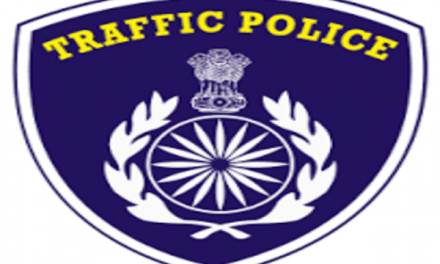India, on Tuesday, conveyed its disagreement to the World Health Organisation (WHO) over the latter’s decision over the suspension of HCQ usage and said that the safety and efficacy of HCQ has not been considered before suspending the usage of the drug touted as the possible cure for coronavirus.
Health Ministry of India has written to the World Health Organisation (WHO) after the global health body announced to temporarily suspend the clinical trials of Hydroxychloroquine (HCQ) for the treatment of COVID-19 patients, sources told ANI.
As reported earlier by Times Now, the UN body, on Monday, announced its decision to suspend the clinical trials on the drug citing safety reasons.
“As soon as WHO gave its decision on HCQ clinical trials, the government has reacted quickly,” an official of the Union Health Ministry told news agency ANI.
On Monday, while announcing the suspension of trials, WHO chief Tedros Adhanom Ghebreyesus said, “The Executive Group has implemented a temporary pause of the hydroxychloroquine arm within the Solidarity Trial while the safety data is reviewed by the Data Safety Monitoring Board.”
The drug, which has often found a mention in US President Donald Trump’s COVID-19 related addresses has also been backed by India as a counter to COVID-19. On Tuesday, the Indian Council of Medical Research (ICMR) recommended HCQ for workers involved in COVID-19 activities.
The world ‘Solidarity’ trial refers to a clinical trial to compare four treatment options and their effectiveness against COVID-19. ICMR-National AIDS Research Institute (NARI) is the coordinating agency for the trial in India.
The Indian Council of Medical Research (ICMR), the country’s apex body in the field, has found that consuming the drug hydroxychloroquine reduces the chances of getting infected with Covid-19.
On Tuesday, the Indian Council of Medical Research (ICMR) also recommended HCQ for prophylactic use for workers involved in COVID-related activities.
The ICMR-National AIDS Research Institute (NARI) is the national coordination site for the trial in India. Four potential anti-viral agents, Remdesivir, Chloroquine/Hydroxychloroquine, Lopinavir-Ritonavir and Lopinavir-Ritonavir with Interferon (b1a) are to be evaluated in the trial.












